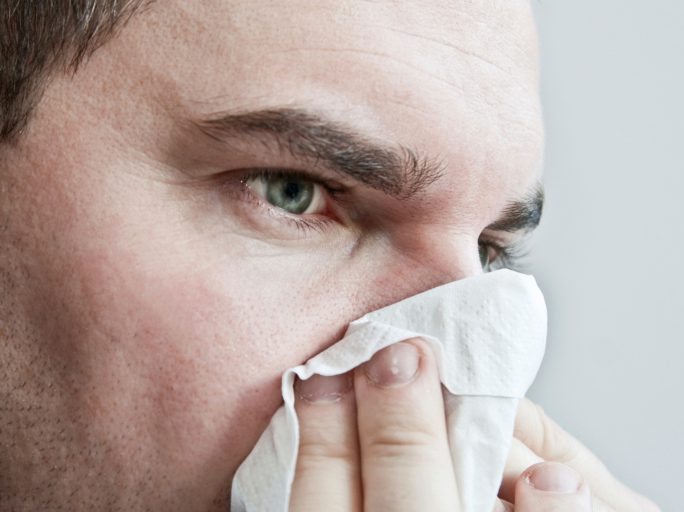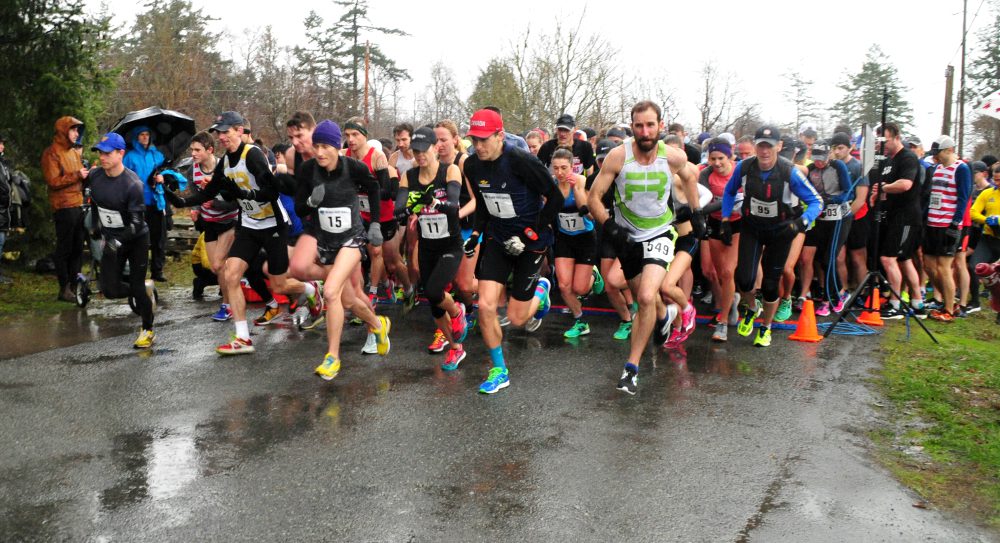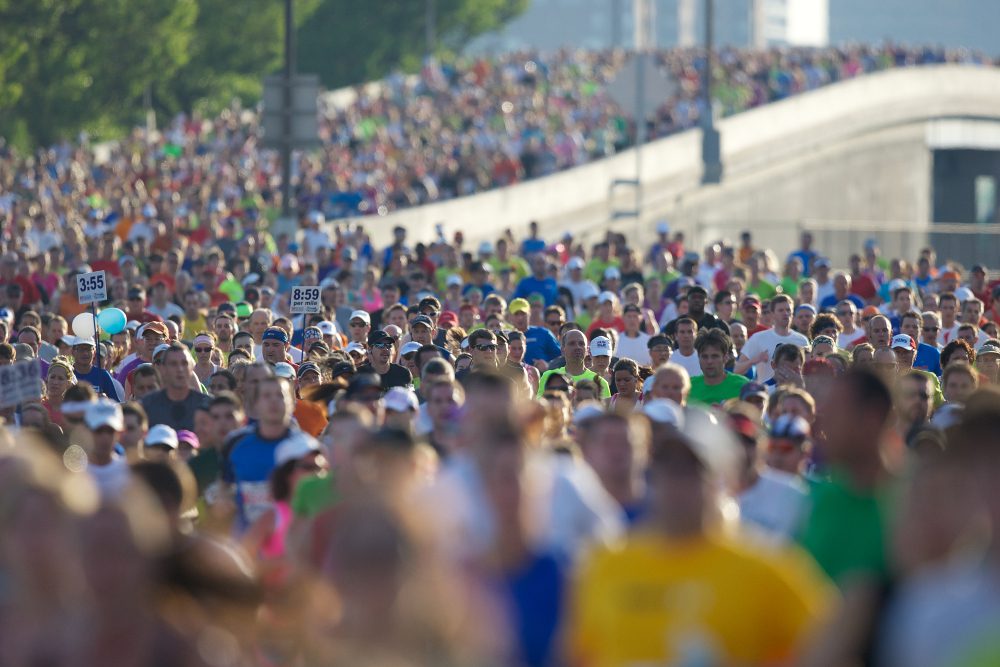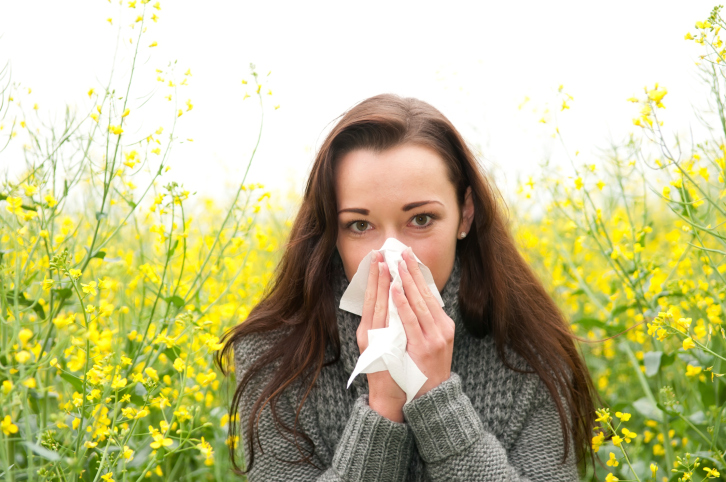Good news about marathon running and colds: they don’t go together after all
Though it may seem like you're more vulnerable to colds after long races, you're actually not


There’s no disputing the many health benefits of running, but in the short term, many marathoners are convinced that they get attacked by killer cold and flu germs after every long race. However, it turns out they might actually be mistaken.
This week the New York Times reported on a review of the literature on exercise-induced immune suppression by two British researchers. They found that in fact, marathon running does not predispose a person to illness, as previously assumed. It does the opposite.
RELATED: BODY WORK: How Running Can Boost Your Immune System

It seems to make sense intuitively that a long, hard workout or race could be so exhausting that the body’s defenses are left weakened and vulnerable to infection. And studies done towards the end of the last century based on athletes’ self-reported symptoms after extreme exercise seemed to support the idea, with more people falling mildly ill afterwards than in non-exercising control groups.
In one study, 50 out of 150 participants in the 1982 Two Oceans 56K ultramarathon in Cape Town, South Africa said they had cold symptoms within two weeks of the race, as opposed to half that number in the control group. Similar results were obtained after the 1987 Los Angeles Marathon.

Researchers found that runners’ bodies were flooded with immune cells, but that the level would fall drastically afterwards, leading to the conclusion that their immune systems were temporarily compromised. This idea took hold in the scientific community and the running public alike, but it turns out it isn’t accurate.
For one thing, in most people immune cell counts are back to normal within a day. For another (and this was the basis for the British review), the immune-suppression effect just didn’t seem right, in terms of evolution. If, after running to escape a predator, an early human became ill, their chances of survival were limited.
What they found was that study participants self-reported instances of colds at a much higher rate than more recent studies using saliva testing. That is, many of the people who thought they had colds actually did not. (Their symptoms were more likely due to allergies or other causes.)

They also found that, in more recent experiments on mice, the immune cells migrated to other organs, giving them enhanced immune protection, rather than dying off, as previously thought, and that this actually bolstered the body’s immunity.
So the next time you come down with sniffles after a marathon, consider that your body (and your mind) might be playing tricks on you, and you’re not sick after all.


